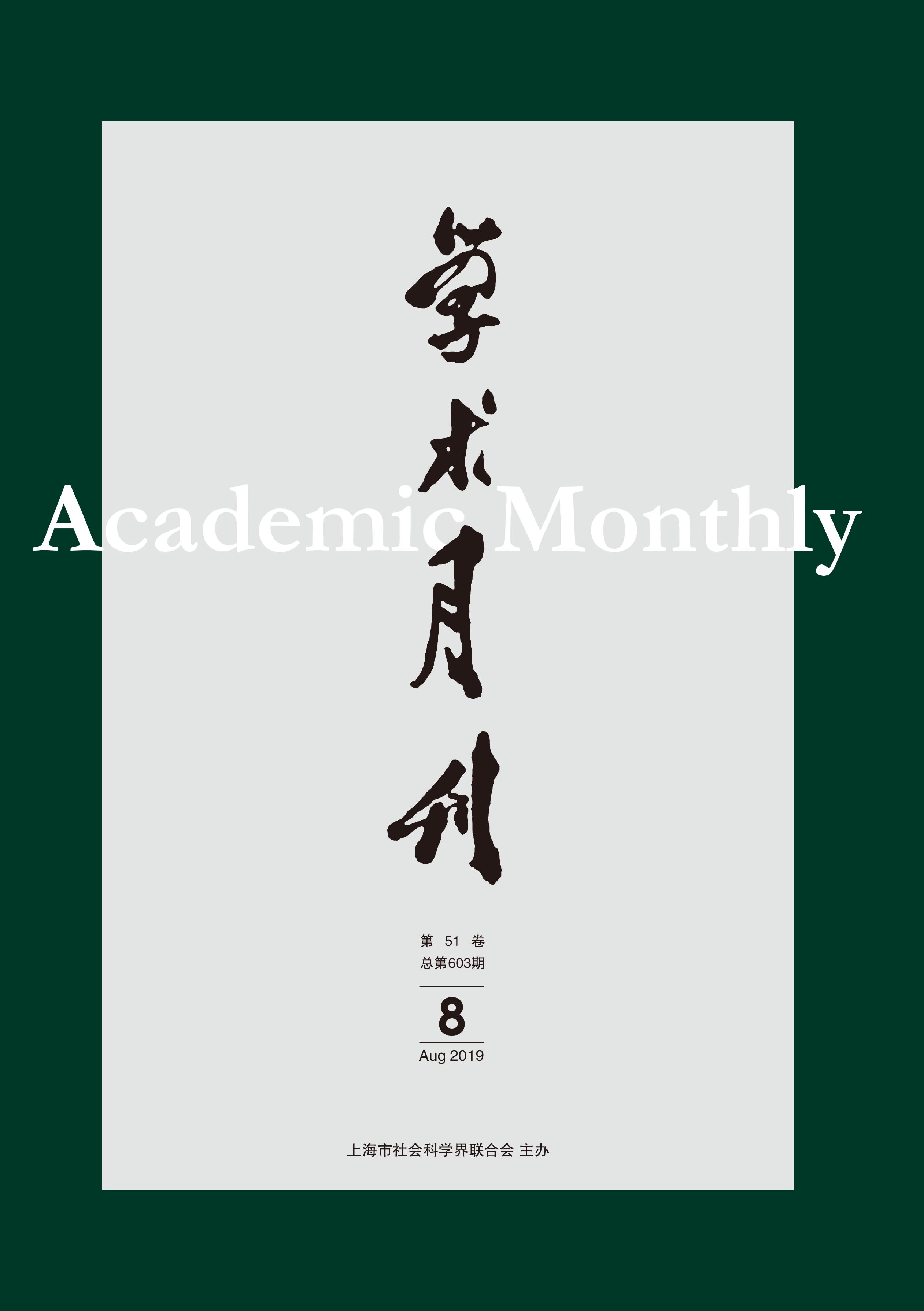The Debate of Centralization and Decentralization in Late Qing Sichuan: Take the Establishment of the Taxation Bureau as a Start Point
- Available Online: 2019-08-01
Abstract: A framework of power relations between " official” and " gentry” or between " state” and " local elites” is suitable for analyzing the establishment and related debates of the taxation bureau in Late Qing Sichuan. Since the mid-19th century, Qing government’s social control at the local level had been increasingly weakened due to serious military crises. Accordingly, local gentries had widely participated in local governance including taxation at the same time. Similar to such tendency in the whole empire, late Qing Sichuan’s gentries also extensively intervened in the taxation of land tax surcharges and consumption tax and even abused such power for private benefits. Given such situation, Zhao Erxun, the Sichuan governor from 1908 to 1911, decided to establish a province-wide and professional taxation bureau, jingzhengju, and to take over several taxation responsibilities from local magistrates and gentries. Zhao’s action became a threat to the taxation power and related benefits of gentries. In the provincial assembly, which was a product of the late Qing constitutional movement and was controlled by the gentry, assemblymen vehemently criticized the newly founded taxation bureau. But Zhao did not concede in this matter. A unified and bureaucratized taxation system was a prerequisite for and a crucial part of modern state-building. Since state power and gentry power did not develop at the same pace after the mid-19th century, however, in the early 20the century modern constitution and the representative system captured by the gentry failed to a great extent to benefit state-building and even became a structural obstruction to such historical mission



 沪公网安备 31010102003103号
沪公网安备 31010102003103号 DownLoad:
DownLoad: